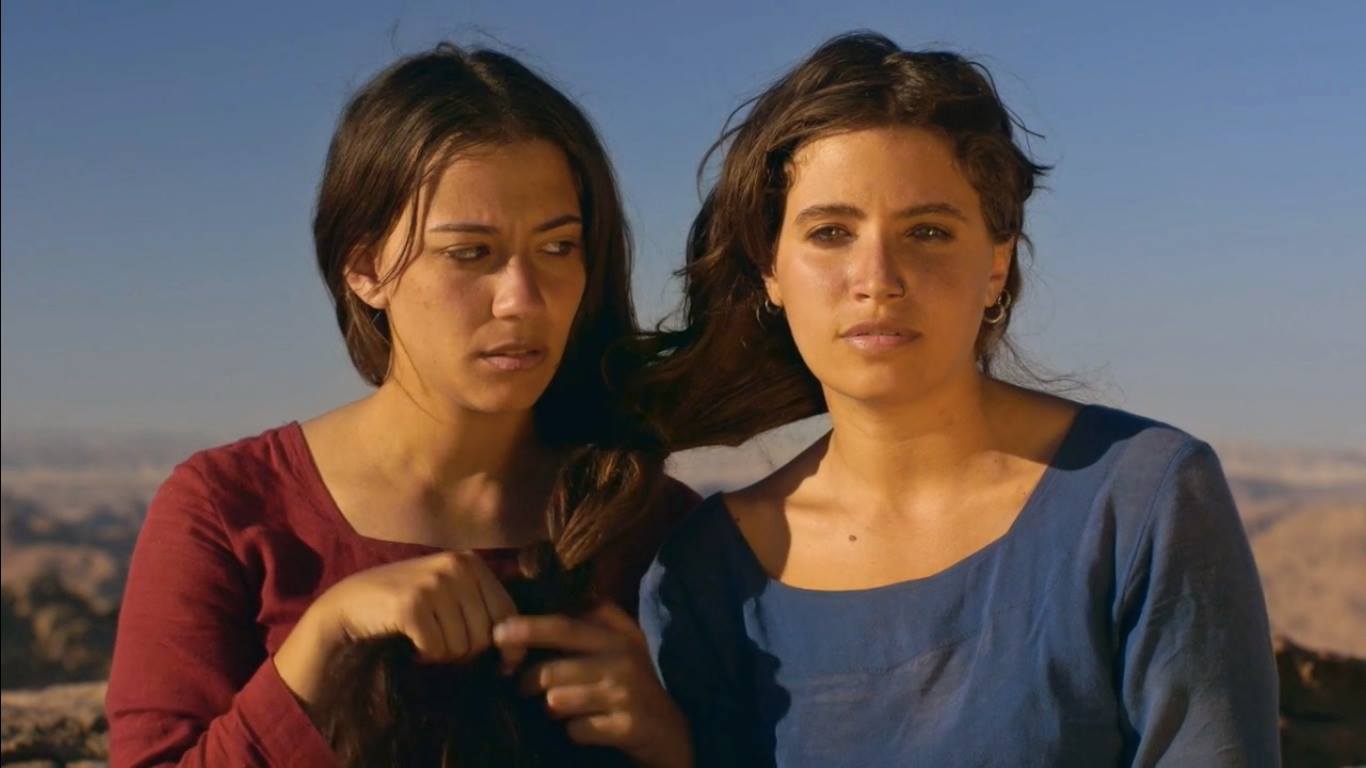For artist and filmmaker Sharine Atif, creating films has been the ultimate act of healing and resisting. It is not just to tell a story, or to reflect a certain social circumstance, but to express alternate and possible realities that can inspire change. Shining a long overdue spotlight on heroic Egyptian women, Sharine’s films capture the power that women can hold by reconnecting with their authentic selves. It brings to light the complexity of their emotions and lives that are marked by resilience, vulnerability, humanity, and strength. Known for Jebel Banat (2018), winner of the Student Visionary Award at Tribeca Film Festival in 2019, and On Street Harassment with Nora Labib (also known as His Cucumber) (2015), Egyptian Streets spoke with Sharine Atif to know more about her story and journey as a filmmaker. As an Egyptian-American, how did you grow up and how did you connect with Egypt overtime? I was born to an Egyptian father and American Italian mother in New York City. When my parents divorced in early 90’s, I went to live with Neyna Safeya, my grandmother in Egypt, in Sabtiyyah Bulaq. A few years later,…
‘I Want to Create a World Where Women Do As They Please’: Egyptian-American Filmmaker Sharine Atif
July 5, 2021



